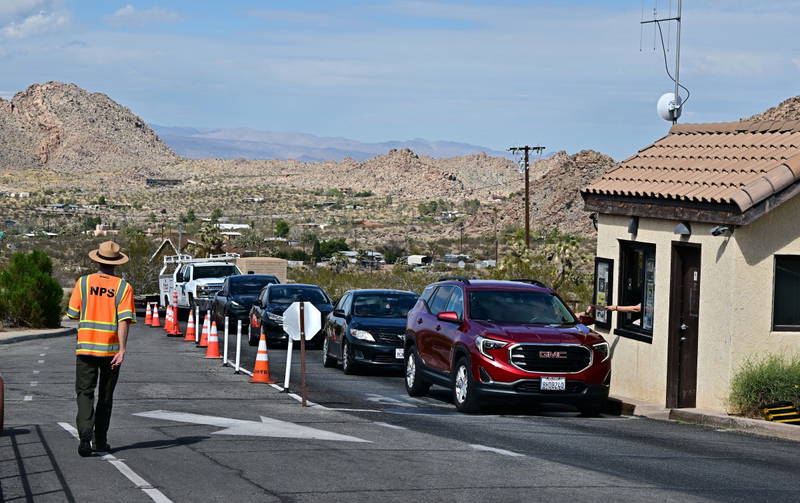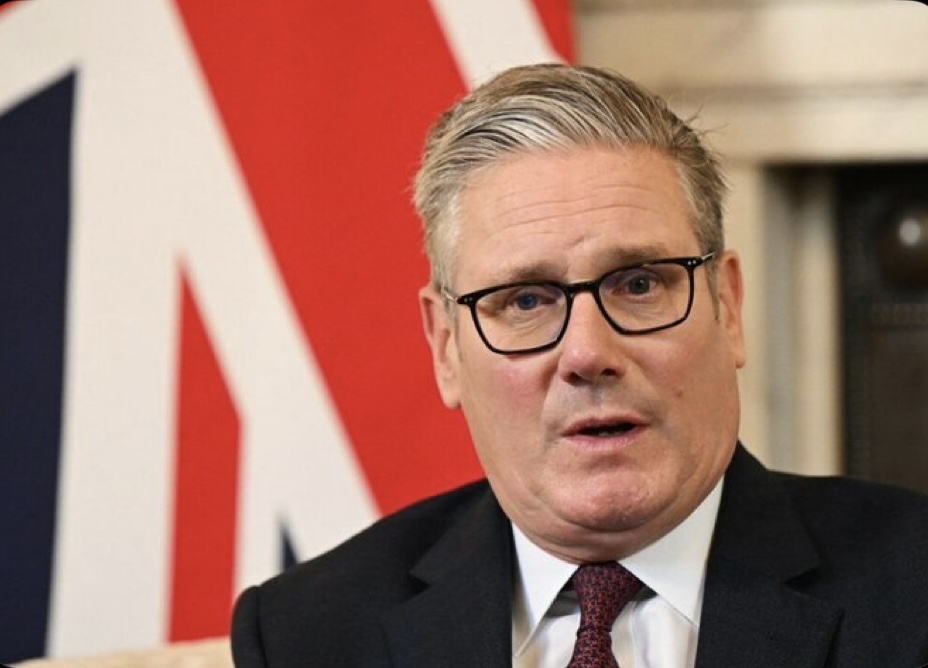U.S. Civil Servants Decry Hard Times Under Trump’s Return Amid Lingering Shutdown

Federal workers have voiced growing frustration and hardship as the government shutdown entered its second week, with many describing the situation as the most demoralizing period since President Donald Trump returned to office in January.
In interviews and statements, several civil servants said it has become “difficult being a federal employee” under the current administration, citing withheld salaries, layoffs, and a general atmosphere of fear and uncertainty across government agencies.
“This shutdown feels different,” one long-serving civil servant said on Saturday. “It’s as if we’re being vilified and diminished, like we’re unworthy of serving our country. I’ve worked through previous shutdowns, but this one is by far the hardest.”
Reports indicate that thousands of government employees remain furloughed, while others deemed essential have continued to work without pay.
Many have resorted to side jobs to make ends meet, while others are skipping bills or dipping into savings to survive.
The shutdown, which began on October 1, was triggered by a standoff between the White House and Congress over funding priorities.
However, worker unions accuse the administration of using the impasse to push for a leaner federal workforce and stricter loyalty measures.
Since his return to office, President Trump has reinstated controversial policies, including modifications to the federal employee classification known as Schedule F, which makes it easier to fire career civil servants.
His administration has also imposed a hiring freeze, ordered employees back to physical offices full-time, and initiated sweeping staff cuts across multiple agencies.
“The sense of job insecurity is real,” said another federal worker who requested anonymity. “People are being forced out or pressured to resign. We’re just trying to survive day to day.”
Federal workers’ unions have condemned the administration’s approach, warning that continued furloughs and workforce reductions could erode public trust and disrupt essential government services.
As negotiations drag on in Congress, there is still no clear timeline for when the shutdown will end or when furloughed employees will receive back pay.
“This is more than a budget issue it’s a human issue,” said one union leader. “Our members love serving this country, but they can’t do it on empty stomachs and unpaid bills.”
For now, thousands of U.S. civil servants across the country say they are bracing for a prolonged standoff, one that has tested not just their finances, but their faith in the system they’ve spent years serving.









